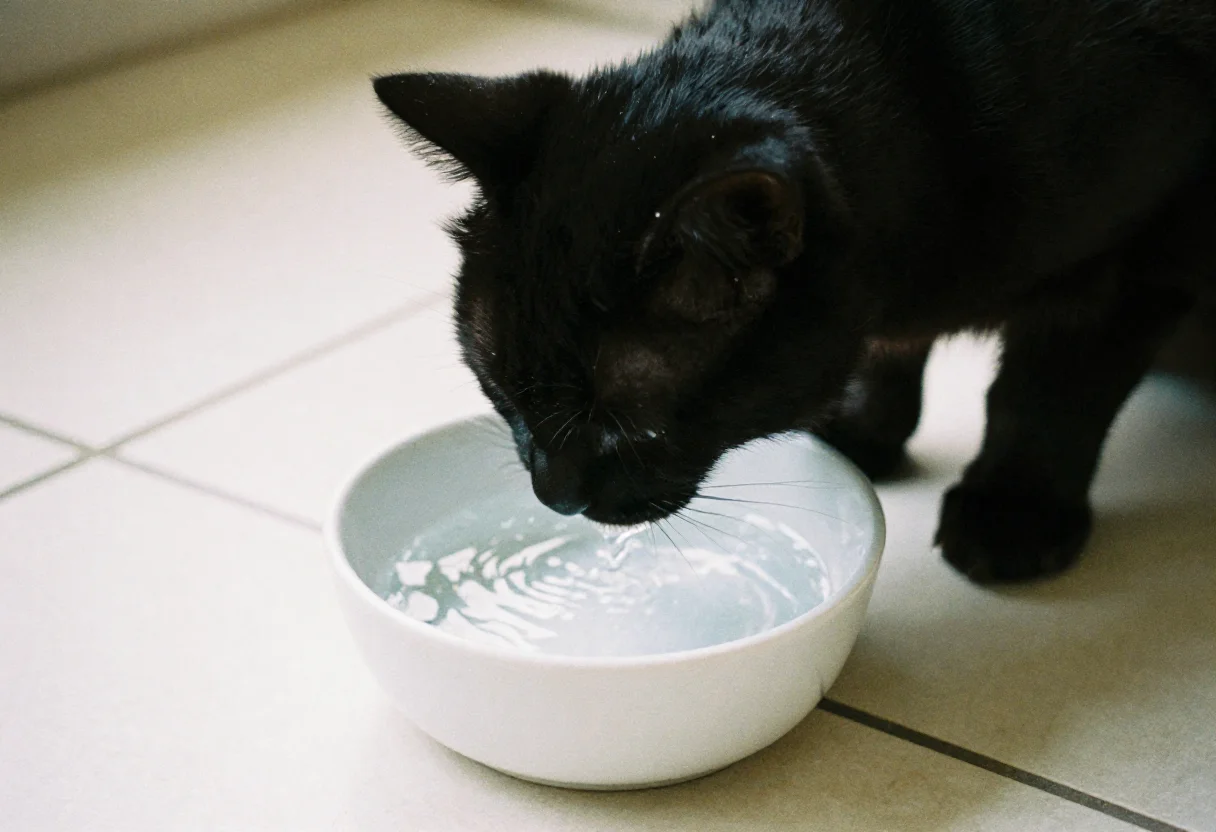
Both animal and plant sources can be utilised to ensure adequate protein intake after bariatric surgery. The essential amino acid content of protein sources should be analysed. Essential amino acids are the amino acids (leucine, isoleucine, valine, lysine, methionine, phenylalanine, threonine, tryptophan and histidine) that cannot be produced by the body and must be taken from food. Adequate intake is important for preventing muscle loss, promoting tissue repair and metabolic health.
- Animal protein sources have high bioavailability, are easily absorbed by the body, and contain all essential amino acids, making them important in post-bariatric surgery nutrition. Sources include foods such as eggs, cheese, milk, yoghurt, kefir, red meat, chicken, turkey, fish.
- Vegetable protein sources may contain missing essential amino acids, so it is recommended to increase bioavailability by combining with another vegetable source. Sources include foods such as lentils, chickpeas, beans, quinoa, tofu, soya, peas, peanuts.
- When there is insufficient protein intake through food due to reasons such as reduced stomach volume after surgery, inability to tolerate food, loss of appetite, supplements such as isolated whey protein or concentrated whey protein, hydrolysed whey protein, casein or plant-based protein powders may be preferred as protein supplements. Determination of these sources by a nutritionist specific to the individual and needs contributes to the prevention of protein deficiency and healthy weight loss in the long term.
- It is practical as it can be prepared easily and quickly.
- Easy to digest and tolerate as they are consumed in liquid form.
- The body can quickly utilise the amino acids in protein powders and plays an important role in wound healing.
- Protein supplementation helps to maintain muscle mass and strengthen the immune system.
- By consuming a high-protein meal in a small volume, a feeling of satiety is provided for a long time.
- Since bariatric protein powders usually contain fibre, they support intestinal health.
- Bariatric protein powders also contain vitamin and mineral support.
- For 1 scale use, it can be mixed with optional water and plant based / lactose-free milk. Protein powder has different flavours or can be consumed as a smoothie by adding foods such as 1 serving of fruit (unshelled, seedless), peanut butter.
- It offers different alternatives for vegan, vegetarian or food intolerant individuals.
Choosing the right protein powder after bariatric surgery is very important to support the healing process and maintain healthy weight loss. Although there are many different brands of protein powders available today, a bariatric surgery dietitian should review the nutritional labelling in order to choose the one that is clean and suitable for the bariatric surgery patient. Protein powders can be considered as an alternative due to limited stomach capacity and restrictions in the consumption of protein-rich foods after surgery. Sugar-free, high-quality bariatric protein powders contribute to a more efficient and healthy postoperative period when added to the individual's diet plan at the right meal and in the right amount. According to the guidelines, isolated whey protein is a recommended option for patients after bariatric surgery due to its rapid absorption. Protein powders used after bariatric surgery; compared to normal protein powders;
- It contains high protein and low content of carbohydrates and fats.
- It is rich in soluble fibre to prevent constipation problems.
- It does not contain lactose to avoid gas and bloating problems.
- It has high essential amino acid content that the body needs.
- It may contain collagen that helps the post-operative acute wounds to heal quickly and the stomach muscles to recover quickly.
- It may contain vitamins and minerals (especially B12, vitamin D, Fe, Ca) that the body needs.
- It does not contain simple sugars to prevent dumping syndrome and imbalance in blood sugar.
- Contains an average of 20-30 grams of protein per serving.
- Lighter flavourings with higher tolerance than normal protein powders contain fewer additives to prevent nausea.
- Sports protein powders should not be preferred because they contain performance enhancing amino acids and caffeine.
- Products of reliable brands should be preferred. It is necessary to have laboratory tests and quality certificates in terms of both safety and effectiveness.
Protein is the basic building block of the body and plays a critical role in the recovery process, maintenance of muscle mass and healthy metabolism. Therefore, meeting the daily protein requirement after bariatric surgery is one of the most important components of the nutrition plan and should be supplemented with protein powder supplements when necessary. Adequate protein intake improves an individual's quality of life by supporting not only physical health but also psychological well-being. Protein deficiency can lead to various health problems, both in the short term and in the long term:
- Muscle loss and weakness
- Weakening of the immune system
- Decreased metabolic rate
- Difficulty with weight management and appetite control
- Delayed wound healing, risk of infection
- Hair loss, skin problems and nail breakage
- Oedema and fluid balance disorder
- Long-term health problems (osteoporosis, musculoskeletal diseases, chronic diseases, hormonal imbalances).
- It is thought that it is sufficient to consume only protein powder during the day. In fact, the purpose of using protein powder is to replace intolerable foods during the transition period or as a practical alternative. The priority is always to get protein from food.
- The idea that protein powder will be used for life after surgery is wrong. If the protein needed is taken from foods, the average can be terminated with the guidance of the dietician.
- Contrary to popular belief, protein powders do not have to be consumed only as a main meal. By changing the flavour such as fruit, peanut butter, 1 scale of protein powder can also be consumed as a snack.
- All protein powders should not be consumed randomly without label reading or dietician review. Types of protein powders can be recommended differently according to the individual depending on the need.
- The idea that the use of protein powder is necessary to build muscle is wrong. Even if the individual does not exercise heavily, he/she can take protein powder supplements to maintain existing muscle mass and for physical health.
Aills L et al. ASMBS Allied Health Nutritional Guidelines for the Surgical Weight Loss Patient. Surgery for Obesity and Related Diseases (2008).
Alvarez TS et al. Sensory analysis of formulations containing whey protein to individuals undergoing bariatric and metabolic surgery. BMC Surgery (2023).
Bal BS et al. Nutritional deficiencies after bariatric surgery. Nature Reviews Endocrinology (2012).
Golzarand M et al. The effects of protein intake higher than the recommended value on body composition changes after bariatric surgery: A meta-analysis of randomized controlled trials. Clinical Nutrition (2024).
Gomes DL et al. Whey Protein Supplementation Enhances Body Fat and Weight Loss in Women Long After Bariatric Surgery: a Randomized Controlled Trial. Obesity Surgery (2016).
Guillet C et al. Bariatric surgery affects obesity-related protein requirements. Clinical Nutrition ESPEN (2020).
Handzlik-Orlik G et al. Nutrition Management of the Post–Bariatric Surgery Patient. Nutrition in Clinical Practice (2014).
Luijpers CLH et al. Protein Supplement Tolerability and Patient Satisfaction after Bariatric Surgery. Obesity Surgery (2024).
Mechanick JI et al. Clinical Practice Guidelines for the Perioperative Nutrition, Metabolic, and Nonsurgical Support of Patients Undergoing Bariatric Procedures. Endocrine Practice (2019).
Parrott J et al. American Society for Metabolic and Bariatric Surgery Integrated Health Nutritional Guidelines for the Surgical Weight Loss Patient 2016 Update: Protein Recommendations. Surgery for Obesity and Related Diseases (2017).
Schiavo L et al. Adding Branched-Chain Amino Acids and Vitamin D to Whey Protein Is More Effective than Protein Alone in Preserving Fat-Free Mass and Muscle Strength in the First Month after Sleeve Gastrectomy. Nutrients (2024).
Schollenberger AE et al. Impact of protein supplementation after bariatric surgery – a randomized controlled double-blind pilot study. Nutrition (2015).
Steenackers N et al. The relevance of dietary protein after bariatric surgery: what do we know? Current Opinion in Clinical Nutrition and Metabolic Care (2017).
Taselaar AE et al. PROMISE: effect of protein supplementation on fat-free mass preservation after bariatric surgery, a randomized double-blind placebo-controlled trial. Trials (2023).
TEMD. Obezite Tanı ve Tedavi Kılavuzu. Turkish Endocrinology and Metabolism Society (2022).















